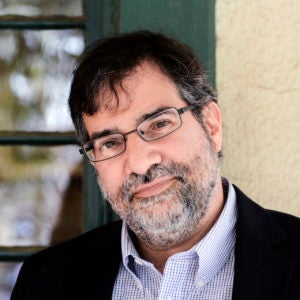
Preface:
The seminar was a survey of modern and contempo-rary American poetry – from Dickinson and Whitman to the present. It was designed to enable teachers to realize two goals: to learn about a number of poets that one might not necessarily have read, all of them exciting and teachable; and to learn, through our own modeling of such a method, how to teach a poem, one poem at a time, through collaborative close readings.
The course moved very quickly from the early pre-modernists, to the modernists, through several “chapters” in which poets who had doubts about modernism are featured, to the breakthroughs of the 1950s (beats) and 1960s (New York School poets) and beyond. We ended with three kinds of contemporary poetry, the last of which (conceptualism) has already been shown to be extremely attractive to young students. (A hallmark of conceptualism is internet-age re-use of language, sampling, and cool social documen-tary projects as well as experimental forms of memoir.)
There was a great emphasis in this course on poetic form and on pedagogy. Both are difficult topics and approaches to master. Teaching poetry is difficult but rewarding. And the relative brevity of the poems makes it possible to bring a poem to class and prove, through extended and lively close readings, that language is something to which one can attend with great focus and not be “bored.” There’s always more to discover in a great modern poem.